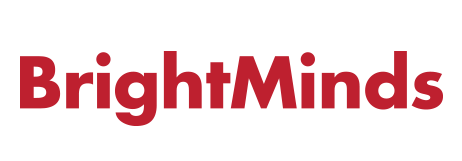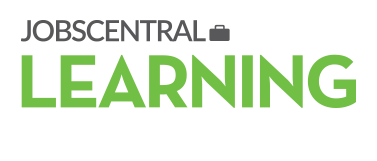Measures that give you the opportunity to attract jobseekers include networking sessions, career pages and career fairs. How beneficial are these aspects of your talent attraction process?
You know what they say – it is always easier to have butterflies attracted to you than to take effort to catch them. In that same vein, it is always easier to have suitable candidates attracted to you than to exert the energy to capture them, especially in this tight labour market.
Companies can adopt several methods to not only reach, but also attract potential candidates. These include online/offline advertisements, tie-ups with educational institutions and job fair participation. Furthermore, organisations can also gain a better understanding of the behaviour and opinions of jobseekers from the CareerBuilder Employer of Choice Survey. For instance, the survey found that 14.2 per cent of jobseekers go onto online job portals to form an impression of employers, 10 per cent look at online ads/information, and 8.1 per cent turn to broadcast media. By studying such results, employers can determine the best methods to reach talented individuals.
Some of the other means that give you the opportunity to attract jobseekers include networking sessions, career pages and career fairs. How beneficial are these aspects of your talent attraction process?
Networking Sessions
Networking events have been used throughout the ages to forge new partnerships and expand an organisation’s networks. Talent acquisition teams should be continually encouraged to participate in networking events, seminars and after-work drinks with various industry professionals to build their list of contacts. Apart from securing leads or referrals, these sessions also work to give hints about a company’s culture and portray the disposition of its employees.
Beyond networking sessions, employees should be encouraged to become brand ambassadors for the organisation outside of work. This is not before establishing a creative, inclusive and supportive work environment so that staff themselves would have no qualms about doing this willingly.
Career Pages
We have learnt that today’s jobseekers are resourceful and always on the lookout for more information regarding employers. Organisations should take advantage of this by having an online page dedicated to providing job and brand information whenever jobseekers hit the search button.
Career pages can be hosted as part of your organisation’s website or even added onto social media assets like a Facebook page. Once up, these pages can have personalised messages, job recommendations and videos showcasing your mission, values, and vision.
Furthermore, employers can also tap on effective HR Service as a Solution (SaaS) tools to ensure that they capture the most candidates. For example, CareerBuilder1 Starter provides a comprehensive and mobile optimised platform where potential candidates can conduct research, join the company’s talent network for updates, and when ready, enter the recruitment process.
Career Fairs
Meeting and interacting with jobseekers face-to-face is still a critical part of the recruitment process. Career fairs offer employers a unique opportunity to make first-hand personal connections, impossible when viewing a candidate profile or resume online.
Rather than using job fairs to share run-of-the-mill information – information that candidates can find online – organisations should use this opportunity to showcase company culture, and paint a picture of how it’s like to work in your company. Employers can tap on three to five existing employees from a range of departments to share examples of day-to-day workflow, common challenges or even the types of training programmes available.
The Jobcentral Career & Education Fair is one example of a platform where organisations can physically reach potential candidates. The fair is held annually and receives a good mix of fresh graduates, PMETs and mature workers from a range of disciplines and industries. As a bonus, organisations can also register to conduct specialised talks or workshops during the fair. This allows professionals to make positive impressions by speaking about current issues, providing industry insights and giving jobseekers job-related advice.
The methods shared here help organisations connect with their target candidates on a more personal level. They give employers the opportunity to tailor messages, meet potential candidates as well as share as much of the company’s culture as possible.





